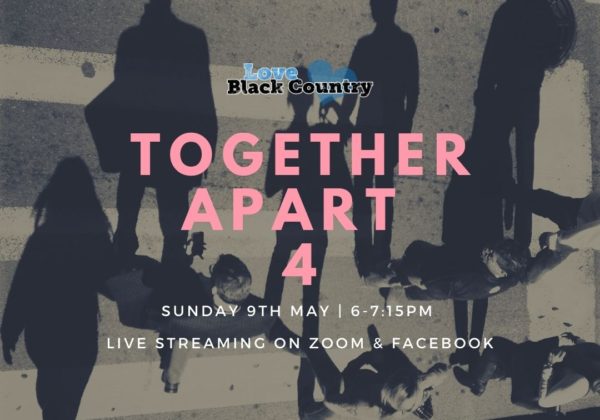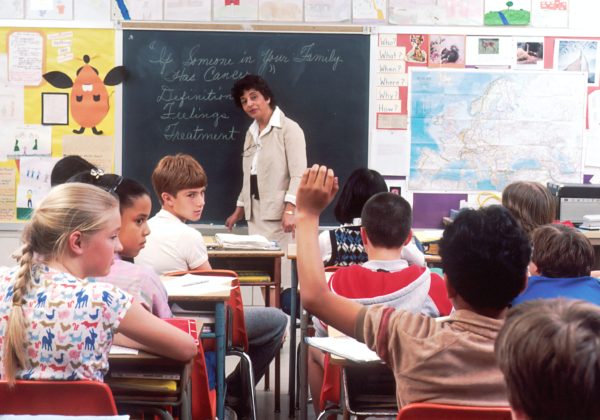
Competitive Coping
This week we welcome Rev Cassius Francis as a guest author. Cassius works for Transforming Communities Together, as their Just Finance Development Worker for the Black Country.
I was in an online training session yesterday and I heard the term ‘competitive coping’ for the first time. Apparently for some of us a key strategy to get through this Covid-19 lockdown period is to give the appearance to others (colleagues, friends, family, neighbours, etc.) that we are coping really well. I think it was Bob Marley who sang, ‘You can fool some people sometimes, but you can’t fool all of the people all of the time’, and I would add not even yourself.
My concern for those ‘competitive copers’ comes from painful experience. After bereavement some years ago, I almost had a breakdown. I was a Christian minister, and ministers do funerals and have to support others, so it follows that I should just be able to cope with grief better. I was wrong. It was actually my wife who noticed that I was changing first – I thought I was fine. But the reality was that I was not eating well, so I was losing weight, I was not sleeping well, so I was tired and irritable during the daytime. Thankfully, I took note of what my wife observed and made some changes. The first change I made was to talk more honestly and openly about how I am feeling.
The other reason for my concern for competitive copers is because I think it breeds a lack of understanding or empathy for those who may be struggling, and God-forbid, those who do not have coping strategies or access to the innate resources that others have.
This week (18-24 May) is Mental Health Awareness Week, and although this is not the first time that I am sharing my experience, the current lockdown and focus on Coronavirus has made mental health an even more pressing issue to highlight. Evidence shows that as a Black male, I am far more likely than others to be diagnosed with severe mental health problems and also far more likely to be sectioned under the Mental Health Act. However, I still find that there is a lack of openness to talking about mental health and indeed to admit that I may not be ‘coping’ so well. As the title for this short blog suggests, I am writing this to reject the idea of competitive coping as a way to get through our current circumstances.
I hope in some small way that this will give permission for people to seek the help they need early and at the very least talk to someone. There may be an expectation that with lockdown measures being eased that we will all soon be able to breathe a huge sigh of relief, and get things back to normal. My belief is that we will not be able to simply go back to things as they were. I hesitate to write getting used to a new normal, but I just did. Perhaps in this new world we can get more used to talking more openly about our mental health, alongside any other aspect of health without fear of judgement – after all we do all have mental health. And, if you are wondering why I would be writing this in my role as Just Finance Development Worker for the Black Country – you may be surprised to know that there is a lot of evidence now drawing parallels between poor mental health and money worries. The Money and Mental Health Policy Institute says, ‘People with mental health problems are three and a half times as likely to be in problem debt: we’re here to change that.’
I am really grateful for my employer, Transforming Communities Together, to supportive managers who have enabled me to access bereavement counselling when I needed it and to train on Mental Health First Aid. This support and my willingness to share when I need help has brought me to the decision that, in getting through this crisis, the only person I would be competing with is myself. I hope that you will also be able to reject competitive coping and if you do need help, reach out to some useful organisations are listed below.
African Caribbean Community Initiative www.acci.org.uk/
Samaritans www.samaritans.org/
Mind www.mind.org.uk/
Rethink Mental Illness www.rethink.org/
Revd Cassius Francis is the Just Finance Development Worker for the Black Country (with Transforming Communities Together in the Diocese of Lichfield) and he is a minister with the Wesleyan Holiness Church.
Related posts
 Spotlight – Oneness on the rise over Easter - Together in Action: Churches Together Transforming Communities Churches working together in the heart of the Black Country are helping inspire and revitalise their communities with groundbreaking acts of oneness. From different expressions of worship, yet with hearts for togetherness, Christians in the boroughs of Dudley and Walsall have demonstrated just what can be achieved for […]
Spotlight – Oneness on the rise over Easter - Together in Action: Churches Together Transforming Communities Churches working together in the heart of the Black Country are helping inspire and revitalise their communities with groundbreaking acts of oneness. From different expressions of worship, yet with hearts for togetherness, Christians in the boroughs of Dudley and Walsall have demonstrated just what can be achieved for […] A magnificent moment! - Together Festival 23 took place on Saturday 8th July. You can read our account of the day here.
A magnificent moment! - Together Festival 23 took place on Saturday 8th July. You can read our account of the day here. Churches work together to tackle youth unemployment - In order to tackle the growing unemployment statistics amongst 16-24 year-olds, central government has invested £2 billion in an initiative called “Kickstart” and churches across the Diocese of Lichfield are taking full advantage of it.
Churches work together to tackle youth unemployment - In order to tackle the growing unemployment statistics amongst 16-24 year-olds, central government has invested £2 billion in an initiative called “Kickstart” and churches across the Diocese of Lichfield are taking full advantage of it. Together Apart 4 – A Year in Lockdown - We're happy to announce that we will be hosting our 4th regional Together Apart gathering on Sunday 9th May at 6pm, live on Facebook and Zoom.
Together Apart 4 – A Year in Lockdown - We're happy to announce that we will be hosting our 4th regional Together Apart gathering on Sunday 9th May at 6pm, live on Facebook and Zoom. Increasing need for education chaplaincy as schools return - As they return to school on 8th March after months out of formal education, thousands of children and young people across the Black Country will require far greater support than simply what school teachers are able to offer. Local churches can provide essential pastoral support for schools through chaplaincy partnerships and this has never been more essential than it is now.
Increasing need for education chaplaincy as schools return - As they return to school on 8th March after months out of formal education, thousands of children and young people across the Black Country will require far greater support than simply what school teachers are able to offer. Local churches can provide essential pastoral support for schools through chaplaincy partnerships and this has never been more essential than it is now.